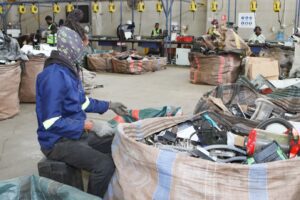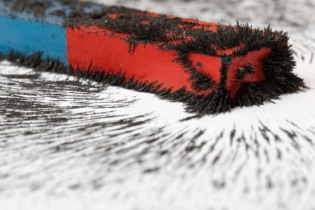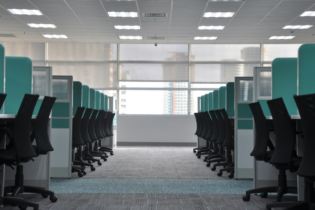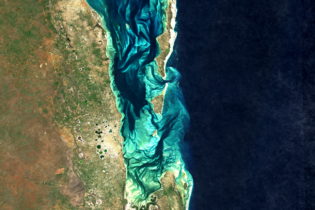While the iLembe District Municipality has developed plans to improve waste management, there are significant challenges around disposal of waste electronic and electrical equipment (WEEE) in the district, writes Paul Jones, Director of Lumec and Local Coordinator for the SRI iLembe local project component.
On 23 August 2021, waste electronic and electrical equipment (WEEE), better known as e-waste, was banned from being accepted at landfills in South Africa. In addition to the previous bans of lead acid batteries and lighting waste (such as spent fluorescent lamps) to landfill, this now means that all types of WEEE must now be diverted from landfill and instead collected and recovered by licensed companies. Although this ban has been enacted by the National Department of Forestry, Fisheries and Environment (DFFE), there is limited awareness and a lack of understanding about the implications of the recent landfill ban, particularly by local government, small businesses and households. The Sustainable Recycling Industries (SRI) South African project seeks to “contribute to favourable framework conditions that enable the development of a sustainable recycling industry for waste electrical and electronic equipment (WEEE)”. Falling under the Vuthela iLembe LED Support Programme, SRI also has a local component which is currently being implemented in iLembe. Local research has highlighted that little has been done in iLembe to comply with the WEEE ban; local policies and by-laws have not been scrutinised to ensure alignment with this ban, and limited WEEE collection and disposal options are available to avoid sending WEEE to landfill, especially for households and small businesses. Current WEEE landscape The WEEE value chain starts with the production of electrical and electronic equipment (EEE), which when sold to the consumer market and after its useful lifespan, ends up as waste electrical and electronic equipment (WEEE). Among households (and small businesses), there is limited education and awareness around disposal of WEEE in iLembe. This is made worse by the fact that only a third of all households in iLembe receive a weekly waste collection service, and almost half use their ‘own refuse dump’. As a result, WEEE either ends up being stockpiled, ends up going directly to landfill as part of the municipal waste collection service, or is dumped illegally. The landfill ban necessitates that WEEE needs to be diverted from the municipal waste stream. Unlike households, WEEE generated by businesses and institutions is generally well recovered. WEEE is either passed on directly to those who process for material recovery and/or refurbish WEEE (i.e. recyclers), or first to formal collectors (i.e. waste management companies) and then to recyclers. These strong business-to-business (B2B) relationships ensure that large volumes of WEEE are being diverted from landfill. However, recyclers have indicated that one of the biggest challenges they face is access to WEEE volumes due to limited collection, especially from households. Additionally, government WEEE stockpiles are blocked from being released due to asset management policy.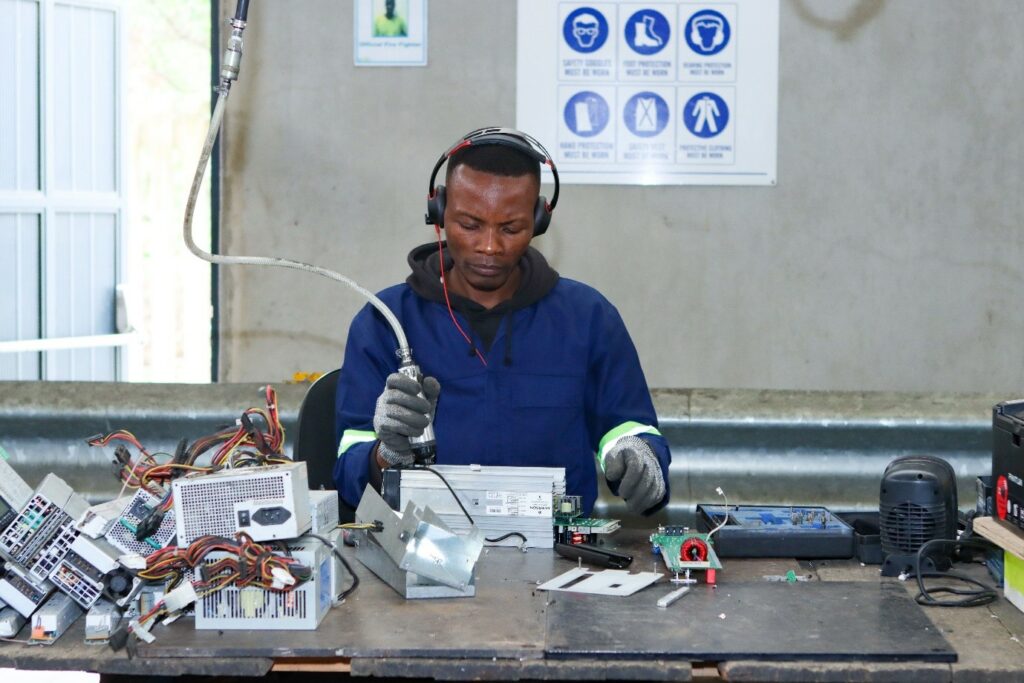
Within South Africa, district municipalities are responsible for the management of landfills while local municipalities are responsible for collection and disposal of waste and diverting recyclable waste materials from landfill. As part of these responsibilities, local governments are required to promote recycling (including separation at source interventions), create public awareness, and facilitate local solutions for the public such as drop-off centres. Additionally, local government is also responsible for the development and enforcement of local by-laws.
The iLembe District Municipality and all four local municipalities have developed Integrated Waste Management Plans (IWMPs) which aim to assist, sustain and improve waste management in the district, and include strategies on how to collect, minimise, re-use, recycle and recover waste, and how waste should be treated and disposed of. Integrated Waste Management By-Laws also exist which provide regulations for waste management services such as collection and removal of waste, operation of garden sites, minimum management obligations for hazardous and industrial waste, and encourage recycling of waste. Within all the IWMPs, there is however limited information or data on WEEE volumes or specific initiatives to support the WEEE industry. While most of the by-laws provide a framework for collection, recovery, recycling and disposal of waste in general, they do not make any specific reference to WEEE. In addition, capacity to enforce by-laws has been raised as a major challenge. As such, there is a lack of guidance and enforcement from local government around the correct disposal of WEEE which results in WEEE either being stockpiled or landfilled. Possible solutions Given the ban of WEEE from landfill, new solutions for WEEE management are required. Firstly, it is important that local government creates a conducive policy environment, enforces waste management by-laws, and promotes the enhanced collection of WEEE in the district. By-laws must be revised to support the national ban of WEEE to landfill by providing clear regulations around correct treatment of WEEE, while IWMPs need to provide clear strategies and interventions to enhance municipal capacity to deal with WEEE. This includes how to encourage WEEE recycling in the district, how municipally-owned and operated drop-off and buy-back centres can be facilities for WEEE recovery, and how capacity can be enhanced to enforce waste management by-laws. Additionally, changes are required to current asset release policy to unlock WEEE that is currently within government stockpiles. Secondly, households and businesses should ensure that they are correctly disposing of WEEE with licensed collectors or recyclers active within the iLembe area, and encouraging their peers to follow suit. The SRI iLembe project is in the process of establishing ‘WEEE are iLembe’, which is a partnership-based model aimed at ultimately increasing the volumes of WEEE that are collected and further treated in the region. ‘WEEE are iLembe’ will partner with existing stakeholders in the area to drive a public awareness campaign, undertake further research to better understand stockpiles and collection preferences of households and businesses, and support local government to harmonise local policies and by-laws as well as optimise drop-off sites to accept WEEE as a key waste stream.

